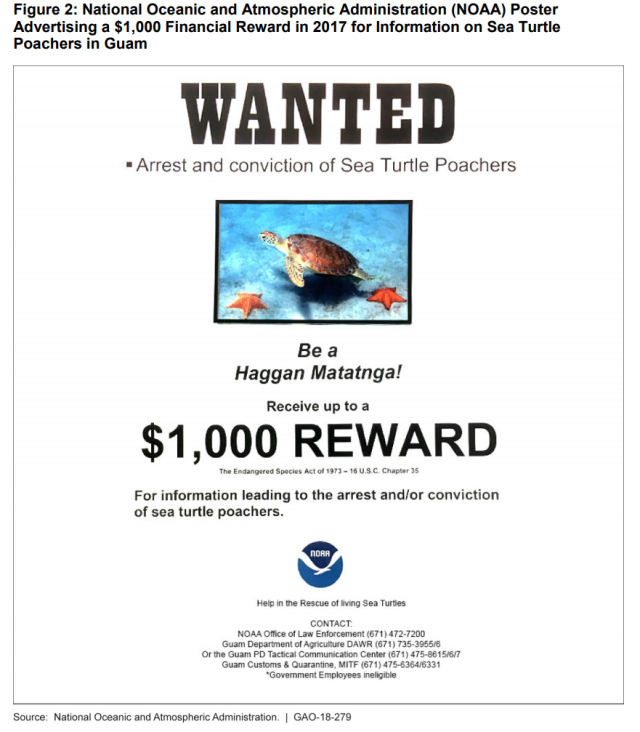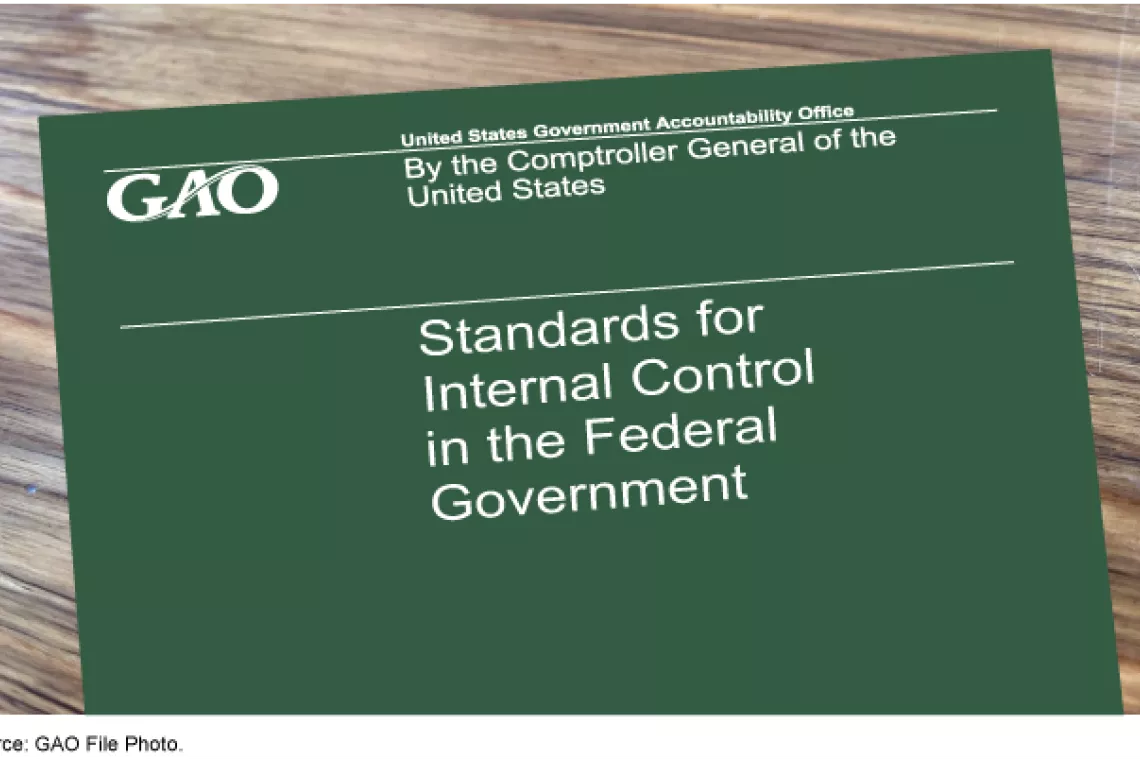Combating Wildlife Trafficking Through Rewards
The United States has become one of the world’s largest wildlife trafficking markets and is increasingly becoming a source for illegal wildlife and wildlife products. A sample of fish, plants, wildlife and wildlife products seized at U.S. ports includes everything from coral to crocodiles to ginseng to elephant ivory. Fortunately, the federal government has several tools available to combat wildlife trafficking.
One tool federal agencies can use to combat illegal wildlife trafficking is offering rewards for information that leads to fines or convictions. Today’s WatchBlog explores our recent report on the use of financial rewards.
Why rewards?
Multiple laws—such as the Endangered Species Act and Lacey Act—authorize the U.S. Fish and Wildlife Service and the National Oceanic and Atmospheric Administration to pay financial rewards for information on wildlife trafficking. Such rewards have advantages, like:
- providing incentives for people to come forward with information,
- increasing public awareness of the problem of wildlife trafficking, and
- saving agency resources by allowing agents to get information sooner and at a lower cost than they could have done through their own efforts.
However, rewards also have disadvantages, like:
- eliciting false or unproductive leads,
- affecting witness credibility, a challenge at trial because sources were compensated for their information, and
- consuming resources, as a flood of tips requires effort for follow-up or corroboration.
From fiscal years 2007 through 2017, FWS and NOAA reported paying few rewards for information on wildlife trafficking. FWS reported paying 25 rewards for a total of $184,500, and NOAA reported paying 2 rewards for a total of $21,000. Officials from both agencies said that their agencies have not prioritized the use of rewards.
How can FWS and NOAA better use rewards?
We identified some ways that the rewards programs could be improved. One example: law enforcement agents at FWS would be helped in their work if—similar to NOAA— FWS rewards policy included factors for agents to consider when they’re developing proposed reward amounts. We found that some agents didn’t know whether reward amounts they developed were too much, too little, or enough. Also, FWS and NOAA could better communicate to the public that providing information on illegal activities could result in a financial reward. This might encourage more people to come forward with useful information when they otherwise might not do so.
In all, we made seven recommendations. Among them:
- FWS should augment its financial reward policy to specify factors law enforcement agents are to consider when developing proposed reward amounts,
- Both agencies should improve how they communicate information about the program to the public, and
- Both agencies should review the effectiveness of the rewards program.
Check out our report to learn about all recommendations. Our related report also delves into how NOAA tracks and reports the amounts it collects for violations of the Endangered Species Act and Lacey Act, which are available to pay, among other things, rewards for information about violations of those laws.
- Comments on GAO’s WatchBlog? Contact blog@gao.gov.
GAO Contacts
Related Products

GAO's mission is to provide Congress with fact-based, nonpartisan information that can help improve federal government performance and ensure accountability for the benefit of the American people. GAO launched its WatchBlog in January, 2014, as part of its continuing effort to reach its audiences—Congress and the American people—where they are currently looking for information.
The blog format allows GAO to provide a little more context about its work than it can offer on its other social media platforms. Posts will tie GAO work to current events and the news; show how GAO’s work is affecting agencies or legislation; highlight reports, testimonies, and issue areas where GAO does work; and provide information about GAO itself, among other things.
Please send any feedback on GAO's WatchBlog to blog@gao.gov.





